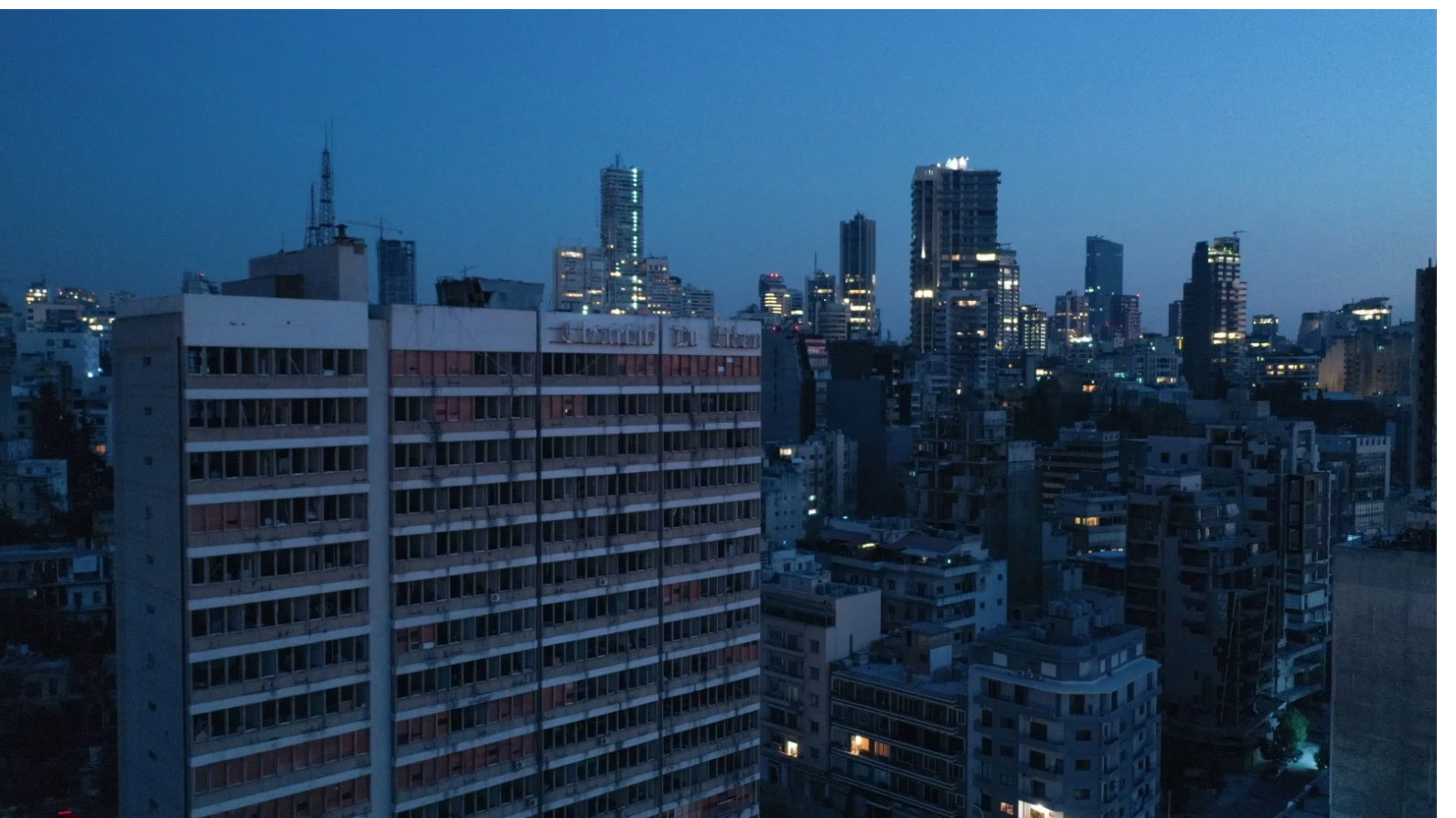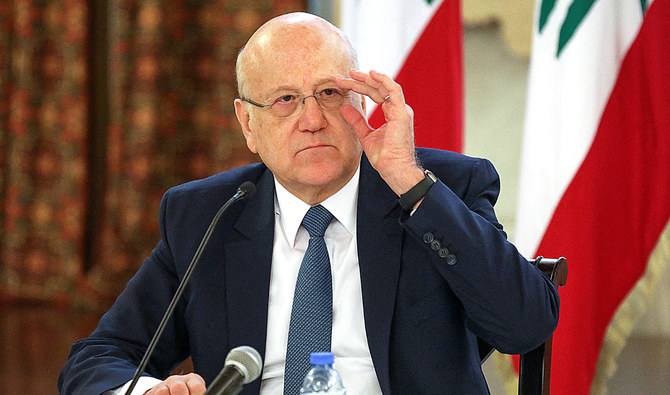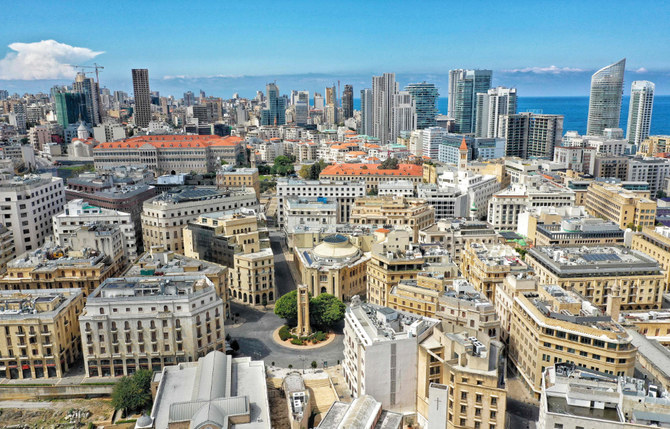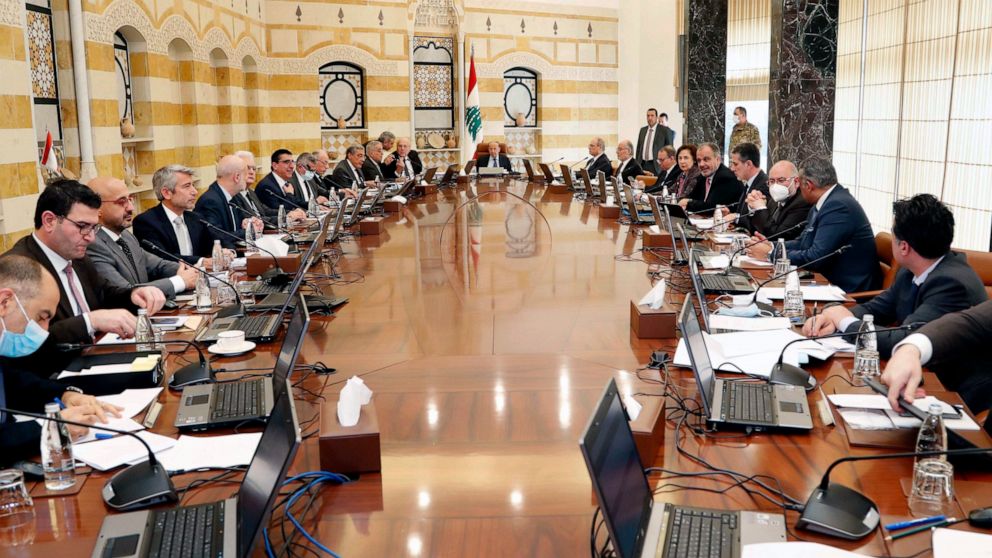
BEIRUT (AP) — Lebanon and Sri Lanka may be a world apart, but they share a history of political turmoil and violence that led to the collapse of once-prosperous economies bedeviled by corruption, patronage, nepotism and incompetence. The toxic combinations led to disaster for both: Currency collapse, shortages, triple-digit inflation and growing hunger. Snaking queues for gas. A decimated middle class. An exodus of professionals who might have helped rebuild. There usually isn’t one moment that marks the catastrophic breaking point of an economic collapse, although telltale signs can be there for months — if not years. When it happens, the hardship unleashed is all-consuming, transforming everyday life so profoundly that the country may never return to what it was. Experts say a dozen countries — including Egypt, Tunisia, Sudan, Afghanistan and Pakistan — could suffer the same fate as Lebanon and Sri Lanka, as the post-pandemic recovery and war in Ukraine spark global food shortages and a surge in prices.
ROOTS OF CRISIS
The crises in Lebanon and Sri Lanka are rooted in decades of greed, corruption and conflict. Both countries suffered a long civil war followed by a tenuous and rocky recovery, all the while dominated by corrupt warlords and family cliques that amassed enormous foreign debt and stubbornly held on to power.











